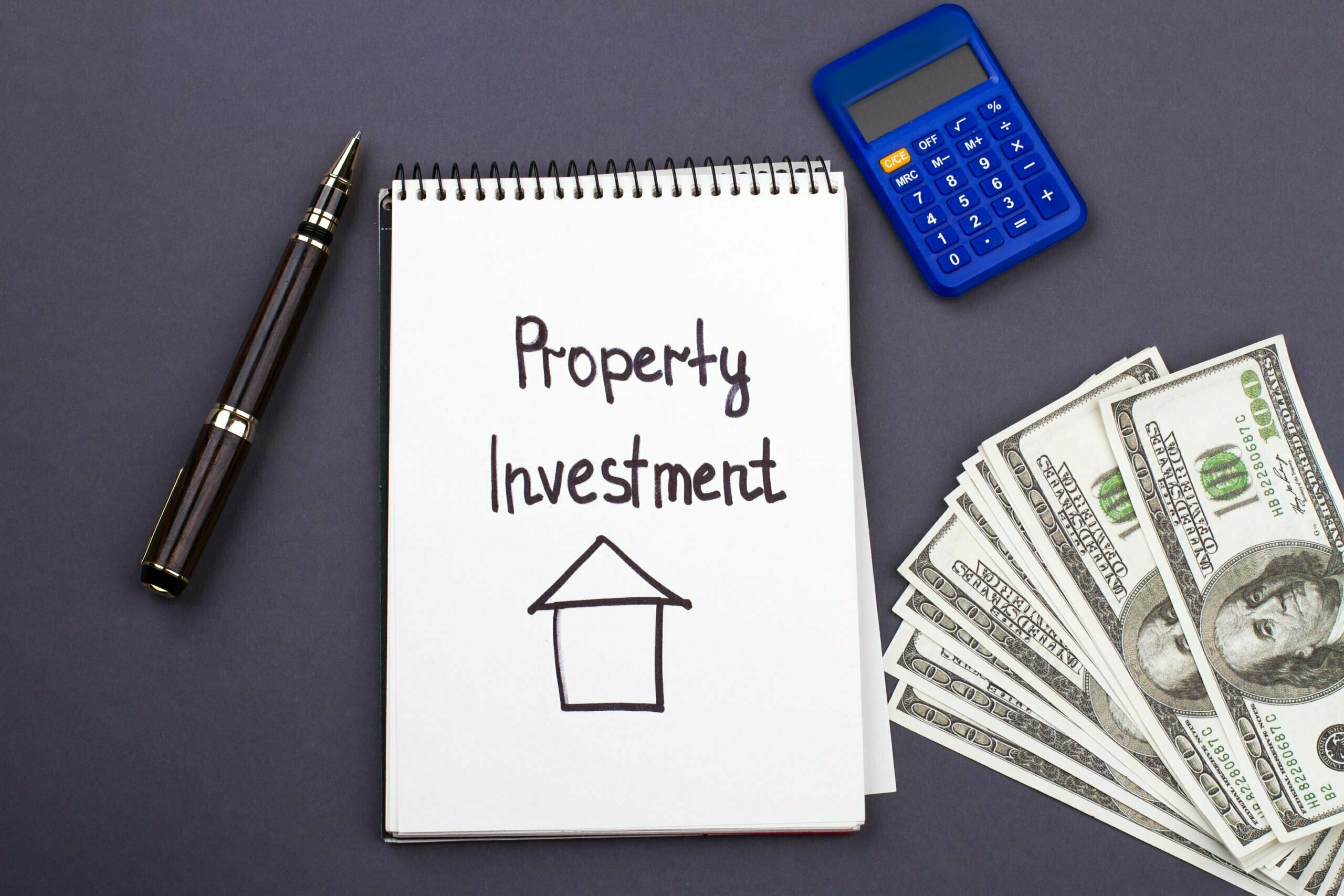Investing in real estate is one of the best ways to build generational wealth. In fact, it’s one of the oldest forms of business in human history and is something people will always need. Indeed, some of the world’s wealthiest people built their wealth through real estate. However, we’d be remiss if we didn’t mention that many people don’t fare nearly as well. That’s because investing in property is more nuanced than most people think.
There’s a lot that goes into investing in property. If it were as simple as buying a piece of property and collecting from renters or buyers, then all property investors would get rich. However, there are a lot of factors to consider when investing in a property and a lot of details that draw a fine line between a great investment and an investment disaster. That’s why we’ve put together this brief guide to help you learn how to compare properties and increase your chances of doing well as an investor. Continue reading to learn about some key factors to consider before purchasing an investment property.
Decide what kind of real estate you want to invest in.

The first thing you need to consider is what kind of property you want to invest in and what level of involvement you want to have in a property. If you’re considering investing in rental properties or commercial buildings, you should consider syndication real estate. Syndication is similar to a hedge fund for real estate investors. Investors pool their money to purchase commercial buildings, developments, and large rental properties. These are ideal for accredited investors interested in limited partnerships that provide passive income and no further involvement beyond their investment.
Let location be your North Star.
As you likely learned in high school, location is one of the most critical factors to consider when buying a property or launching a business. Experts always mention it because it’s that important. The location will significantly impact the cost of the property and its potential to attract buyers or renters and become profitable. If it’s a rental property, you want to find properties in areas with access to the best schools, hospitals, shopping, and other attractions. You also want to make sure it’s an area where the median income is trending upward, as upward mobility is important to young renters.
Cap rate is a key statistic.

If you plan on being a more hands-on investor, another critical factor to consider is the cap rate of a property. Cap rate factors in all costs associated with the building’s operations, from repair costs and utilities to acquisition fees. So, if you were interested in a prime commercial building in a great location that needs a new roof, you’d have to consider the costs of the building, routine maintenance on the building, and hiring a roofing contractor in Merritt Island. Cap rate also considers the cost of vacant units, making it one of the most valuable metrics for analyzing the potential of an investment property.
Factor in the property’s appreciation rate.
It’s also a good idea to factor in a property’s appreciation rate. You have to consider the likelihood that you’ll eventually want to sell your property or your stake in a property. You want to be sure that you can sell for more than you invested.
Learning how to compare real estate properties is an essential skill for all investors. Sure, there are real estate agents to guide you through the process, but the better you understand the process, the greater your chances will be of landing prime properties. The type of real estate, location, appreciation rate, cap rate, and ROI are all factors you must consider when looking at an investment property.


































